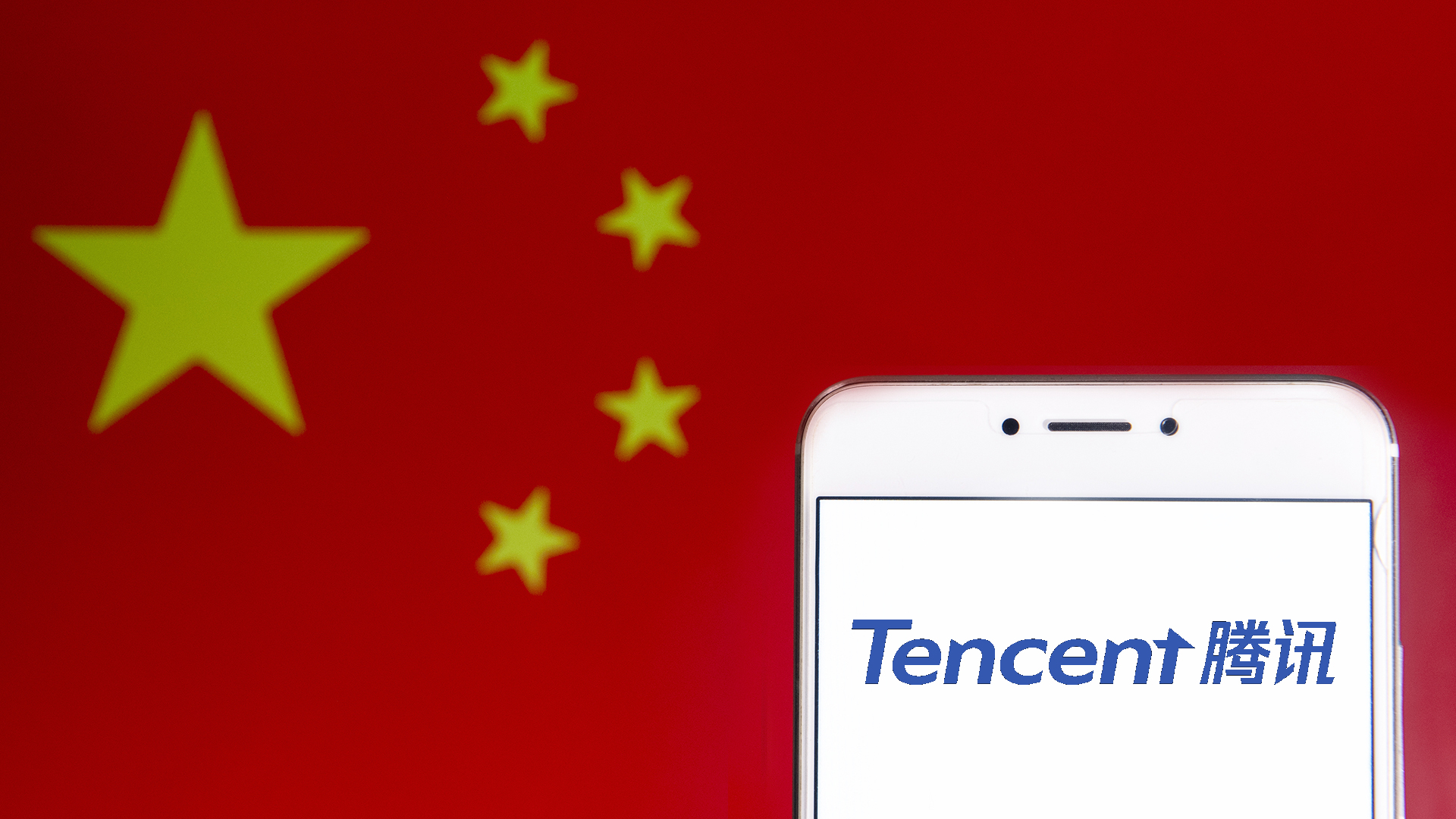
The government is swapping its harsh approach of the last three years for share deals that give it a supervisory role on company boards.
China might finally be relaxing its tech crackdown, but the government isn’t stepping away from the sector entirely. Rather than the strict approach that saw Alibaba fined billions, tech CEO Jack Ma temporarily disappear from the public eye, and game approvals slow to a trickle, the Financial Times reports that the government is switching tack, and moving to take “special management shares”—or “golden shares”—in many of China’s leading tech companies, including Tencent.
These golden shares are relatively tiny—around 1% ordinarily—but confer rights over particular business decisions and appointments made at the companies in which they’re taken. The golden share that the government is hoping to take in Tencent is still being discussed, but sources spoken to by the FT understand that it will involve a stake in one of the company’s main Chinese subsidiaries, and that Tencent was pushing for a state entity based in Shenzhen—its home—to take the share rather than a Beijing-based one.
We don’t know what powers this share deal would eventually confer, but we can look to other, similar deals to get an idea. For example, when a state entity took a golden share in TikTok owner ByteDance, it gained the power to nominate one of the company’s three directors. The government opted to nominate an official named Wu Shugang, who could then exert some measure of influence over the company’s business strategy and, crucially, gained the ability to appoint the editor in chief of ByteDance’s media platforms: A significant measure of power over content that would be shown on those platforms.
So it looks like China’s government is relaxing its grip, but keeping its hand firmly on the tiller when it comes to the nation’s tech and games sector. It’s also, weirdly, probably great news for the country’s embattled investors and CEOs, who have had to watch in horror as their stock prices were buffeted by the intense scrutiny of the Chinese state for the last three years. It seems unlikely that the state will do anything as drastic and public as its Didi ban in the near future when it has its own people in company boardrooms: It would risk a PR blowback for the government as well as the company being targeted.
Plus, Tencent kicked out over a hundred corrupt staff in the last year alone, and even reported some of them to local police. You’ve got to imagine the company earned some breathing room from the government with that one.
The golden shares arrangement feels primed to affect content in China more than the stuff it exports overseas, but it might actually end up dampening the rapid expansion of Chinese companies into non-Chinese markets in the short-term. A report from Barron’s last year highlighted the extent to which a lot of overseas expansion by companies like Tencent had been driven by the fact that the government had effectively cut them off from the domestic Chinese market. If the state really is relaxing its grip, those companies might choose to start eating at home rather than going out for it.




